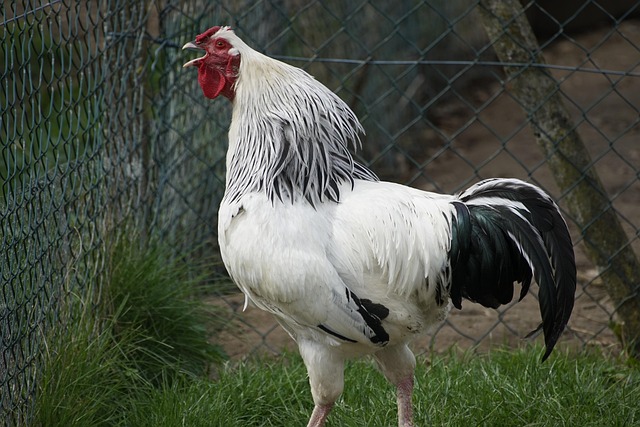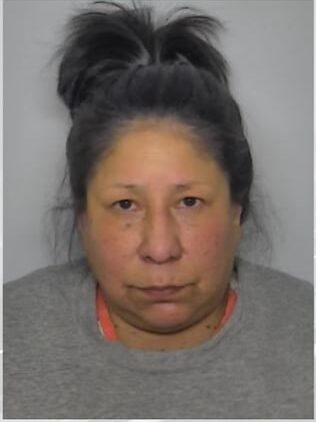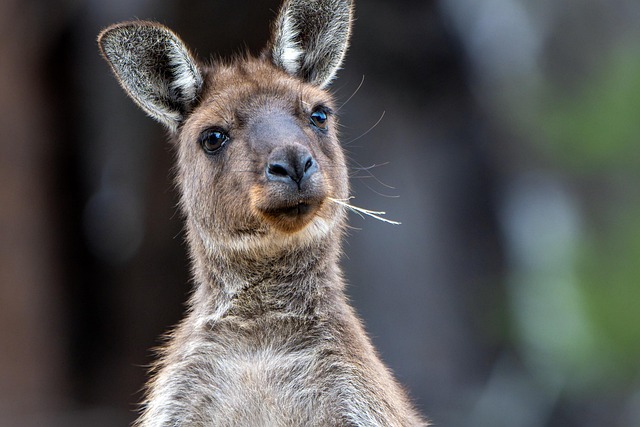Authorities in Cooper County have arrested two individuals, reportedly facing multiple charges related to the alleged abuse and neglect of a 73-year-old woman, as well as animal cruelty. The disturbing details of the case emerged after deputies were called to check on the woman’s welfare. Deputies had responded to the residence multiple times during the week but had been unable to make contact prior to that day.
Upon arriving at the home, deputies reportedly discovered not only the elderly woman in distress but also a scene that has been described as both shocking and heartbreaking. Inside the residence, deputies apparently found an overwhelming accumulation of refuse, with surfaces coated in garbage, and a pervasive infestation of flies. The air was reportedly thick with the stench of feces and urine, creating an unhygienic and alarming environment.
Further complicating the situation, the woman allegedly informed deputies that she had been recently hospitalized and that the accused, Jordon Hulbert, 26, and Celia Marriott, 20, were supposed to provide her care during her recovery. According to her claims, instead of receiving assistance, she was left bedridden for several days, lying in her own waste. This apparent neglect has raised grave concerns not only about her well-being but also about the environment in which she was living.
In addition to the elder abuse allegations, deputies reportedly found three children, all under the age of three, asleep in travel cribs that were swarming with flies. The conditions of the children’s living situation have prompted serious concerns about their safety and well-being. Prosecutors have responded by charging Hulbert and Marriott with First Degree Endangering The Welfare Of A Child Creating Substantial Risk, alongside charges of Abuse of an Elderly Person and Animal Neglect.
The couple is currently being held at the Cooper County Jail, each with a bond set at $20,000. This case has drawn significant attention from the community, raising awareness about the critical importance of safeguarding vulnerable individuals and animals from neglect and abuse.
Advocacy groups are emphasizing the need for increased vigilance and support for caregivers, particularly in situations involving the elderly and young children. As this case unfolds, it remains vital for community members to remain informed and engaged in efforts to protect and support those who are unable to advocate for themselves.
Authorities continue to investigate the situation, and additional details may emerge as the legal process progresses. The shocking nature of this alleged neglect serves as a grim reminder of the vulnerabilities faced by certain members of society and the responsibilities caregivers hold.










